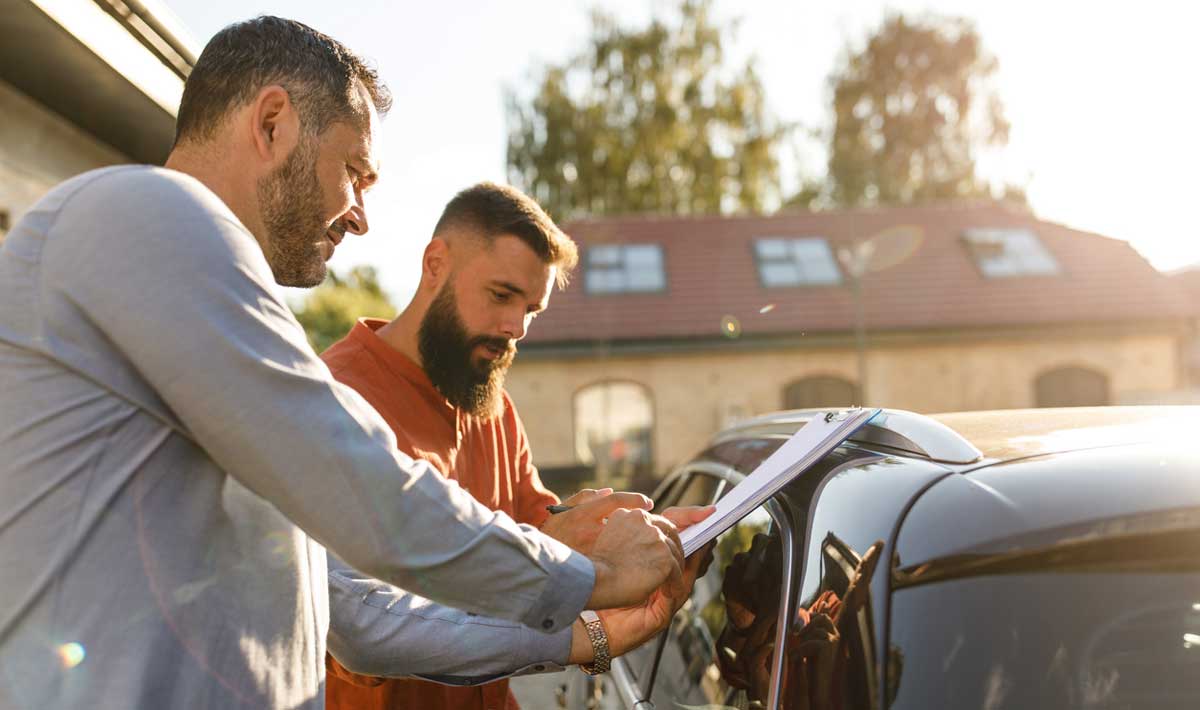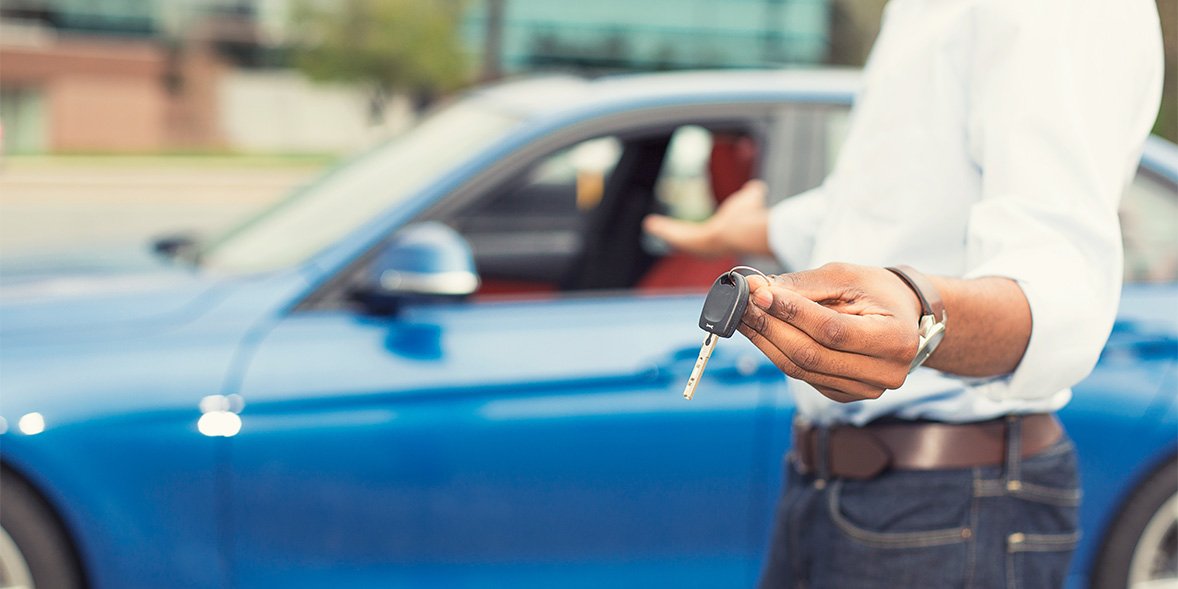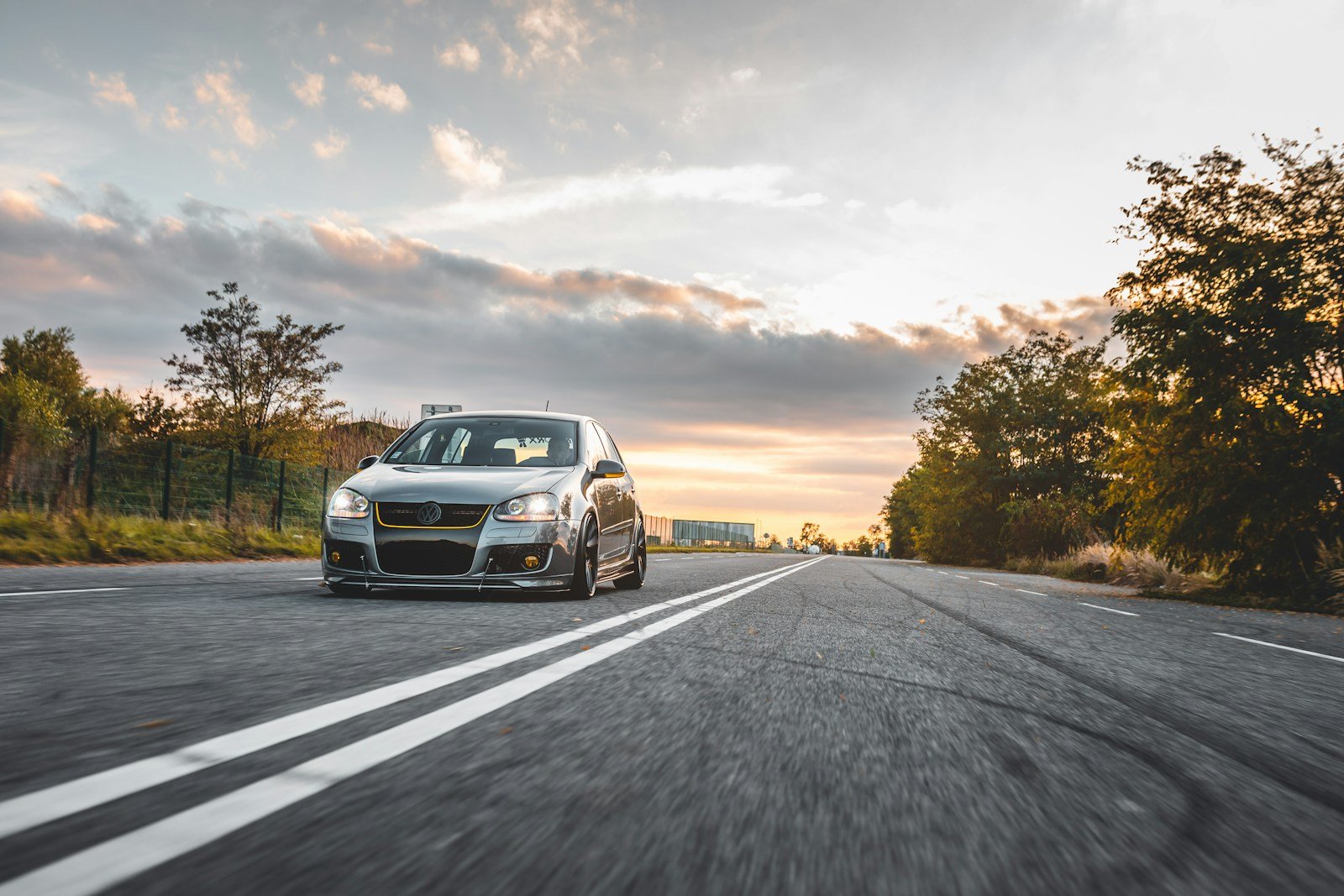Car flipping means buying a car at a low price and reselling it for a profit. Many people dive into it to earn fast cash or start a side hustle that grows into a business.
But here’s the catch, most flippers overlook one thing: the law. You can’t just buy and sell cars without knowing the rules. Each state sets limits. Go over them, and you might land in legal trouble.
So, do you need a license? How many cars can you flip without one? Let’s break it all down, so you flip smart, and legal.
What Is Car Flipping?

Flipping cars means you buy used vehicles below market value and sell them at a higher price. You might find deals through private sellers, local auctions, or online sites like Facebook Marketplace and Craigslist.
Why do people flip cars? It offers low startup costs and high returns, if you play it right. But here’s the deal: if you skip legal steps, you risk fines or even jail.
Thinking about flipping your first ride? Know what’s legal before you put up that “For Sale” sign.
Do You Need a Dealer’s License?
A. The Short Answer
Yes, you need a dealer’s license in most states if you flip cars for profit regularly. Even if you only sell a few, your intent to make money could still trigger license laws.
It’s not just about how many cars you move. It’s why you sell them that matters.
B. What Triggers the Need for a License
Most states set a yearly limit. Sell more than that, and you legally become a dealer. Here’s where it gets tricky: even if you flip just one car, some states still require a license if you profit from the sale.
So, how many flips cross the line? That depends on where you live. And yes, the government tracks it.
State-by-State Legal Limits
Let’s take a quick look at what different states allow:
| State | Cars Allowed Per Year (No License) | Special Notes |
| California | 5 | Selling for profit = license needed |
| Connecticut | 0 | Even one flip = dealer’s license required |
| Kentucky | 0 | No leeway, license needed for all flips |
| Vermont | 11 | One of the highest thresholds in the country |
| Indiana | 11 | Higher limit before licensing kicks in |
| Washington | 4 | Selling over 4 or for profit = license required |
| Colorado | 2 | Very tight, just 2 cars per year allowed |
See the difference? Some states crack down hard, while others give you more room. But here’s a smart move, always check your local DMV before you flip. Don’t assume the rules are the same everywhere.
What Happens If You Break the Law?
A. Title Jumping Explained
Title jumping means you sell a car without first putting the title in your name. Some flippers try this to dodge taxes or hide how many cars they sell.
But here’s the bottom line, it’s illegal in all 50 states. Every state requires you to transfer the title before reselling. Skip that step, and you risk fraud charges.
B. Penalties
Get caught? You won’t just get a slap on the wrist.
You could face:
- Big fines
- Legal action from your state
- Even jail time if you repeat violations
Some states seize vehicles from unlicensed sellers. Is one extra flip worth that risk?
C. How Enforcement Works
Don’t think you’ll fly under the radar. States track vehicle sales through registration records and title transfers. If the DMV spots your name popping up often, they may investigate.
Trying to use a friend’s name to dodge limits? That trick doesn’t work anymore.
Why States Enforce Dealer License Rules

States don’t set these rules just to be difficult. There are real reasons behind them.
Consumer protection comes first. Licensed dealers must meet safety, emissions, and disclosure standards. This helps buyers avoid unsafe or misrepresented vehicles.
Tax rules matter too. Licensed dealers collect and report sales tax. Private sellers often skip this, and states lose money because of it.
And let’s not forget curbstoning, when fake private sellers flip cars on the street. These sellers often hide mechanical issues or rolled-back odometers. States use license laws to shut them down.
How to Get a Dealer’s License
If you want to flip full-time, or stay legal while selling often, get a dealer’s license. It takes effort, but it protects your business.
Here’s what most states require:
- Business location: You’ll need a physical address. No, your driveway doesn’t count.
- Surety bond: This protects buyers if you break the law. California, for example, requires a $50,000 bond for retail dealers.
- Insurance: Most states ask for liability coverage. Some may want inventory coverage too.
- Background check: Expect fingerprinting and a criminal record review.
- Licensing fees: You must pay application and yearly renewal fees.
Thinking it sounds expensive? Maybe. But one legal flip with peace of mind beats five risky ones. If you’re serious about car flipping, this investment pays off fast.
Key Statistics and Industry Data

Most states let you flip 2 to 6 cars per year without a dealer’s license. A few go higher, Vermont and Indiana allow up to 11 cars.
Still, many people push past those limits. Some flip through fake names or skip title transfers. That’s title jumping, and it’s everywhere.
But here’s the twist, enforcement is catching up. States now use digital records to spot repeat sellers. Think you can sneak by? Think again. The system flags unlicensed flippers faster than ever.
Practical Tips for Legal Car Flipping
Want to flip cars without breaking the law? Use these battle-tested tips:
- Check your state’s laws before every flip. Limits change, and one mistake can cost you.
- Keep full records—bill of sale, title transfer, VIN details. If you get questioned, your paperwork proves you’re clean.
- Always transfer the title to your name. It keeps you legal and builds buyer trust.
- Stay under your state’s car limit. Close to the edge? It’s time to get licensed.
One bad flip can ruin your reputation. Stay smart, stay legal.
Conclusion
Car flipping turns parked metal into real money, but only when you follow the rules.
So, what’s the takeaway? Know your state’s limit. Track every deal. Never title jump. And if you’re ready to flip cars full-time, get a license and build your business the right way.
Want to flip fast, and sleep well? Stick to the legal lane.
FAQs
1. How many cars can I flip per year without a dealer’s license?
Most states allow you to sell 2 to 6 cars per year without a license. States like Vermont and Indiana allow up to 11, while others like Connecticut and Kentucky require a license to sell even one car. Always check with your state DMV for the exact limit.
2. What happens if I flip cars without a dealer’s license?
Selling cars without a license can lead to fines, criminal charges, or vehicle seizure. States treat unlicensed selling as illegal business activity, especially if you’re profiting or title jumping.
3. What is title jumping, and why is it illegal?
Title jumping means selling a car without putting it in your name first. All 50 states ban this practice because it hides ownership and skips taxes. It’s treated as fraud and can bring serious legal trouble.
4. Do I need a license to flip cars online through Facebook or Craigslist?
Yes, the platform doesn’t matter. If you’re flipping for profit and go over your state’s legal limit, you still need a dealer’s license. Selling on Facebook Marketplace, Craigslist, or OfferUp doesn’t change legal requirements.
5. What are the steps to get a car dealer’s license?
You’ll need to:
- Set up a business location
- Get a surety bond (like $50,000 in California)
- Carry insurance
- Pass a background check
- Pay licensing fees
Every state has its own checklist, but these are the basic steps.
6. Can I flip cars under a friend or family member’s name to avoid a license?
No. That’s a common trick, but it still counts as unlicensed dealing. States track registrations, and repeat activity tied to one address or contact info can trigger an investigation.
7. Is flipping cars considered a business or a hobby?
If you sell cars for profit regularly, your state views it as a business. That means you need to follow commercial laws, just like licensed dealerships do.
8. How do states track illegal car flipping?
DMVs use vehicle registration records and title transfers to spot frequent sellers. If your name or address shows up often, it can flag you as an unlicensed dealer and lead to a formal investigation.






